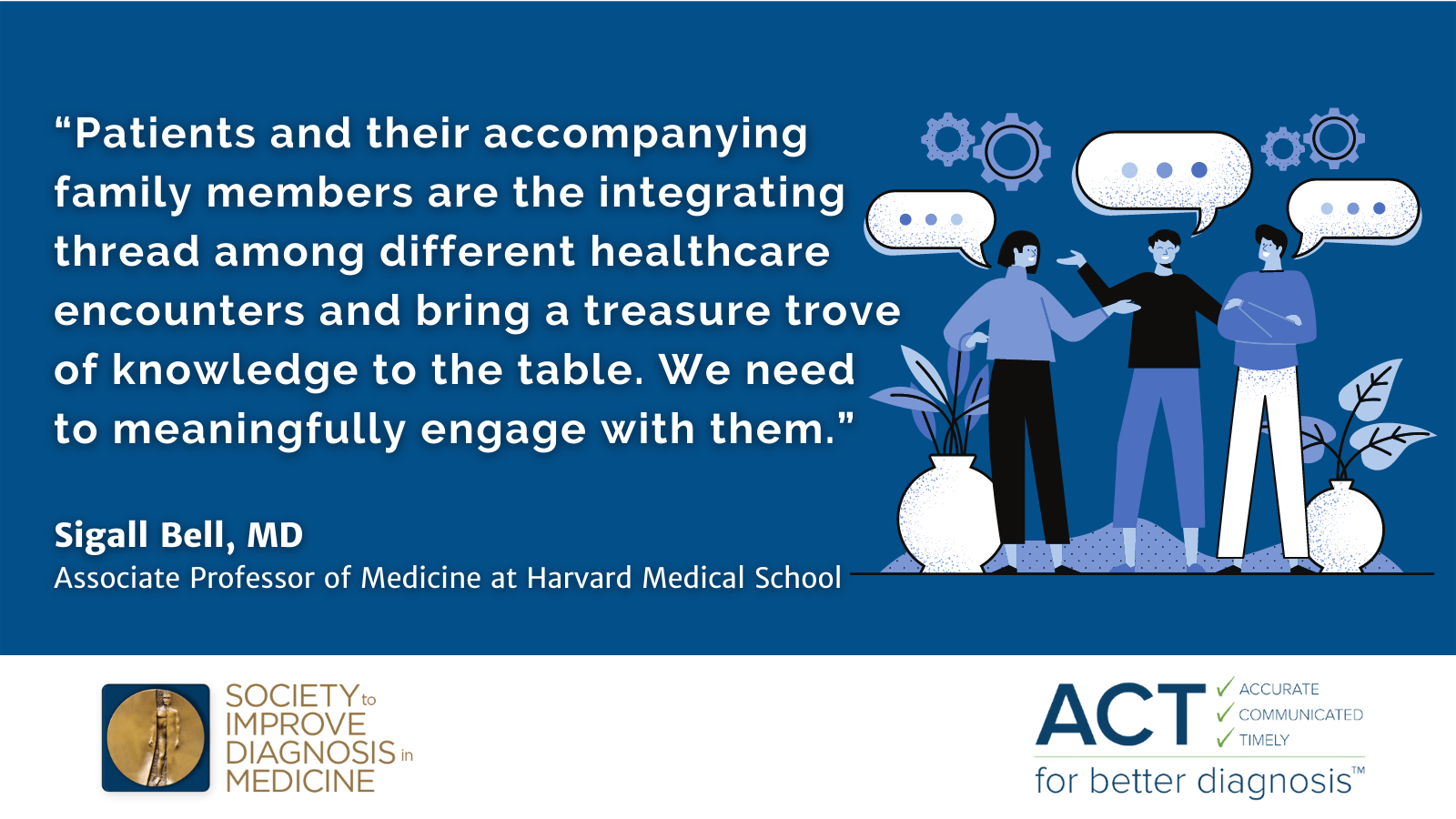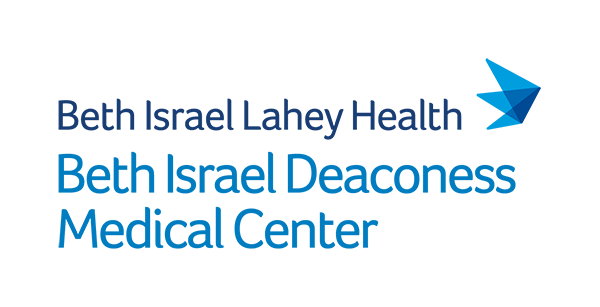Partnering with Patients in Diagnosis

What follows is an interview with Sigall Bell, MD, Associate Professor of Medicine at Harvard Medical School and Director of Patient Safety and Quality Initiatives at the Institute for Professionalism and Ethical Practice (IPEP) at Boston Children’s Hospital, and Fabienne Bourgeois, MD, MPH of Boston Children’s Hospital.
Beth Israel Deaconess Medical Center (BIDMC), is a world-class teaching hospital of Harvard Medical School, that strives to change the engagement between patients and physicians in the diagnostic process, specifically for those who prefer to communicate in Spanish.
BIDMC was awarded a SIDM DxQI Seed Grant, an initiative of the Society to Improve Diagnosis in Medicine with support from the Gordon and Betty Moore Foundation, to co-create with patients and families “Nuestro Diagnostico,” a tool that allows providers to engage Spanish-preferring, limited English proficiency (LEP) patients in the diagnostic process.
Tell us a little about the ‘Our Diagnosis Tool’ and how it relates to improving the diagnostic process.
The 2015 National Academy of Medicine report, Improving Diagnosis in Health Care, asserted that engaging patients and families is a critical component of diagnosis.
Beth Israel developed a tool called Our DX or Our Diagnosis, which is Nuestro Diagnostico (ND) in Spanish, to help engage patients and families with limited English proficiency in the diagnostic process.
“The focus of Our DX is really about collaboration, and how we engage patients and families from the first steps of its development,” said Bell. “The idea is to help patients, families, and clinicians work together to get it right.”
“Our DX is an engagement cycle that occurs before and after the visit to help patients talk about their priorities, their symptoms in their own words, and potential breakdowns that could be brought to providers at the point of care.”
Why does sharing notes make a difference in the diagnostic process?
The project evolved from a program at Boston Children’s Hospital called ‘What Matters to You?’ which aims to create a deeper understanding between patient and clinician and ‘OurNotes,’ an evolution of OpenNotes, an international movement committed to spreading and studying the effects of transparent communication among patients, families, and clinicians.
“Over the last decade of research at OpenNotes, we learned that sharing visit notes with patients and families can help improve the diagnostic process in three ways,” said Bell. “First, it helps patients to remember to complete follow-up diagnostic tests or referrals. Second, it actually can also help improve relationships, build trust and teamwork. And third, it helps patients to identify some potential breakdowns in the diagnostic process.”
Patients with limited English proficiency self-report greater benefit to having access to their notes,” said Fabienne Bourgeois, MD, MPH of Boston Children’s Hospital. “We hope it can also help with diagnosis.”
How does diagnostic error affect patients with limited English-language health literacy?
“Working in partnership with our colleagues at Institute for Healthcare Improvement, we analyzed nearly 600 reports of diagnostic error experienced by patients with limited English language, health, literacy, or disadvantaged socioeconomic position,” said Bell.
Through research, it has been identified that vulnerable groups report unique contributing factors to diagnostic error. Vulnerable groups are also more likely than their counterparts to report long-term physical, emotional, financial, and relational harm, meaning that the effect of the diagnostic error goes beyond the patient to impact the family and even the community.
Where do you hope to go from here?
The ND tool is being piloted in four clinics that have providers who speak and understand Spanish. Beth Israel expects to review 3,500 reports from the tool to identify areas for improvement. They hope this pilot will lead to the expansion to other clinics.
How has SIDM’s DxQI Seed Grant helped Beth Israel?
“The SIDM grant has enabled a direct contribution to the field, and we're really excited about the opportunity to work directly with patients and families, the greatest stakeholders in timely and accurate diagnosis,” said Bell.
“Patients and their accompanying family members are the integrating thread among different healthcare encounters and bring a treasure trove of knowledge to the table. We need to meaningfully engage with them.”

Get ACT Update Delivered to Your Inbox
Want to see more content like this? Stay informed on that latest activities from members of the Coalition to Improve Diagnosis. Sign up for the ACT Update Newsletter.
